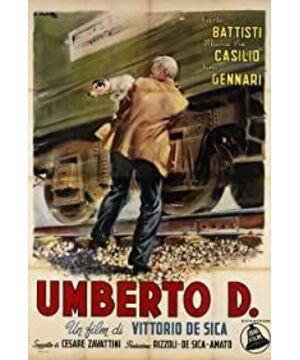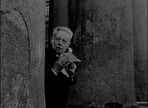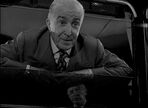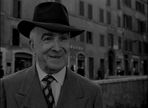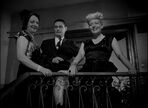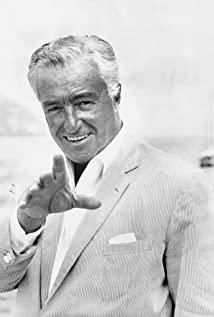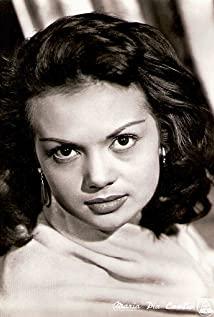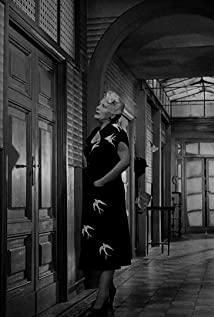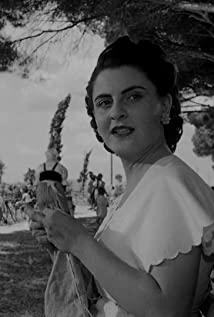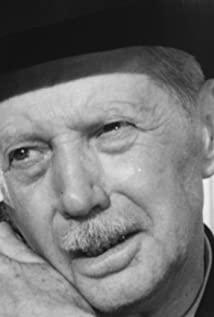"Umberto D" does not actually have any "story". A lonely old man and a dog depended on each other, poverty and loneliness made him almost on the road to suicide—for an entire hour and a half, no dramatic events occurred. Expressions have replaced drama, and daily life behaviors have replaced narratives. This is what makes "Umberto D" different from ordinary movies. In Bazin’s words, it’s “it abandons any traditional movie scenes.... It connects all the specific moments in life. There is no distinction between each other, and the equality of ontology is fundamentally broken. The dramatic category".
People who admire this kind of realism admire "Umberto D" in all five ways, and will not hesitate to praise it with eulogies such as "the most revolutionary and bravest perfect masterpiece" (Bazin). Those who oppose it dismissed it, thinking that its content was "plain and boring" and that "the unbearable dragging of events has actually explained the problem from the first picture" (Jean Mitry). Politically speaking, Italian officials accused it of destroying Italy’s image and “shaking off the dirty sheets in front of the public” (the Minister of the Interior at the time and later became Prime Minister Gurio Andriotti). Foreign progressives who also looked at the issue from politics affirmed that it was "an unusual indictment against contemporary Italy" (George Sadour). The reaction of the audience is: innovation is up to you, anyway, I don't buy tickets-the box office results are a complete failure.
"Umberto D" is actually an experimental work. It was Zivatini and De Sica's following "The Biker" and "Milan's Miracle" (mainly wood cutting (Tini's) aesthetic ideal is another big step forward. Their aesthetic ideals are systematically elaborated in Chavatini's famous article "Talking about Movies". This ideal can be summarized in six words: completely eliminate falsehood. Not only is the dramatic storyline and characters with distinctive characteristics a falsehood, it is also a falsehood for one person to play another. Not only the artificially constructed exterior and interior scenes are a kind of falsity, but also the spliced action space and time. In "The Bike Thief" and "Milan's Miracle", efforts to eliminate falsehood are clearly visible, but there is still a long way to go. In Chavattini’s own words, “The Bike Stealer... reflects the idea that everything can be described in detail; but its meaning is still metaphorical, because the film still uses the hand to make a false statement. The story is not a real documentary work.... And "Milan's Miracle" is just a false story." Although Chavatini still has reservations about "Umberto D"-"It can be seen more clearly in "Umberto D" that the author analyzes reality as a real thing. , But its performance method is still the traditional one." It undoubtedly has something that has not been tried in the first two films, that is, it breaks down an event (such as "maid getting up") into a series of more trivial things. According to its actual time flow, it is reproduced on the screen without omission. Bazin cited examples of maids getting up, walking through corridors, drowning ants, grinding coffee, etc. In fact, there are many such fragments. The "traditional set" that Chavatini complained about was that the film also tolerated the jump in action space and time, from residence to hospital, from hospital to street, from street to residence...same as the previous two films, although Most of the actors in the film (especially the protagonists) are not professional actors, but after all, they are not acting themselves. Carlo Mattisti is a language professor who is about the same age as Umberto but has a very different identity. Chavatini said, "We must choose subjects that do not have to be performed by actors." He asked for the plane to fly 20 times on the screen, but no cannon fired on it, it did not crash, and nothing happened. There are several scenes in "Umberto D" that have clearly shown that Zivatini and De Sica are consciously approaching reality, so that one day they can shoot "showing a person's ordinary life for ninety minutes in a row." , "No need to use actors to act", "Nothing happened" movies.
The question is, how many people are willing to spend money to watch such a movie? Hitchcock said that if the scene on the screen is exactly the same as the scene on the street, he can sit on the steps outside the cinema to watch it. Why buy a ticket to enter the cinema?
The problem is that if film creation completely excludes falsehood (generalization and typification based on the reality of life, rather than making up or whitewashing reality), if only "today", only "events that happen in front of the camera lens" can As the subject of movies, how much "legal territory" is left in film art?
Chavatini's aesthetic ideals are obviously narrow. Under the historical conditions of post-war Italy, Zivatini’s "filtering and purification" of real life in Hollywood movies requires facing the harsh reality of life, which is of great significance. However, truth also has boundaries. There cannot be only one road to the truth, let alone one small path. As an experiment, "Umberto D" has its merits. It is brave but not perfect. It is not a masterpiece, but it is not meaningless. However, as far as the experiment itself is concerned, it is doomed to fail. Because the audience can be without the movie, and the movie cannot be without the audience. Chavatini and De Sica returned to a false road after filming "Umberto D". Their next film "The Terminal" not only tells a false story, but also uses American star. "Umberto D", which pushed the experiment of completely eliminating falsehood to the culmination, is not only a milestone worthy of admiration, but also a tombstone for tribulation.
View more about Umberto D. reviews


